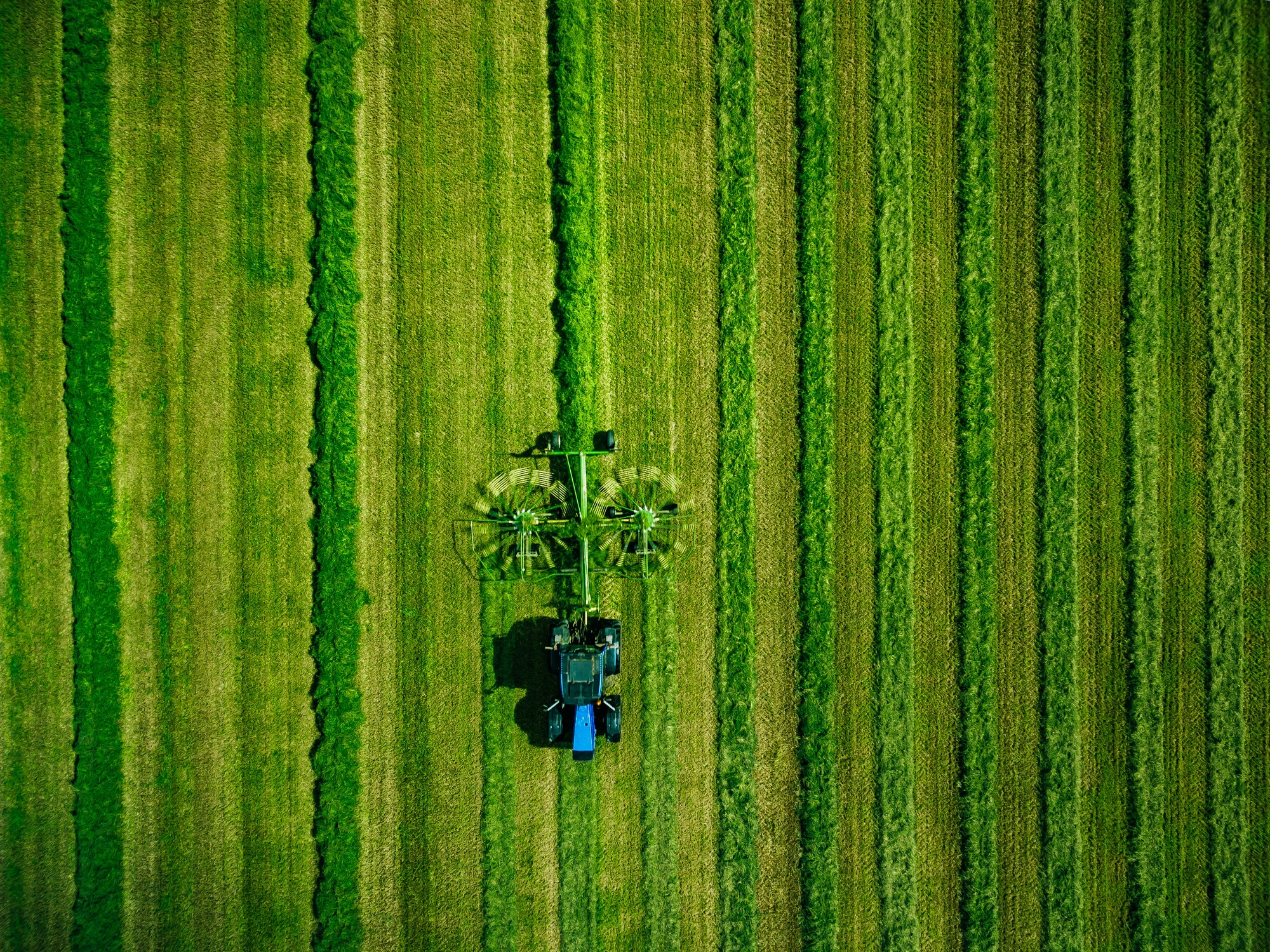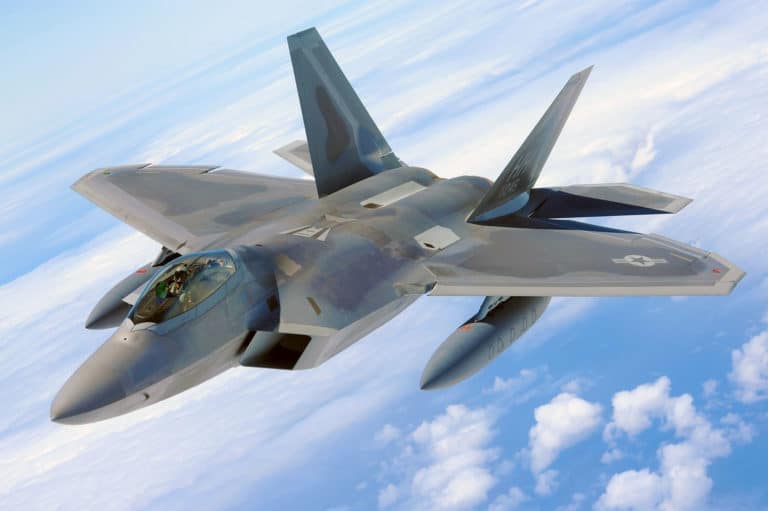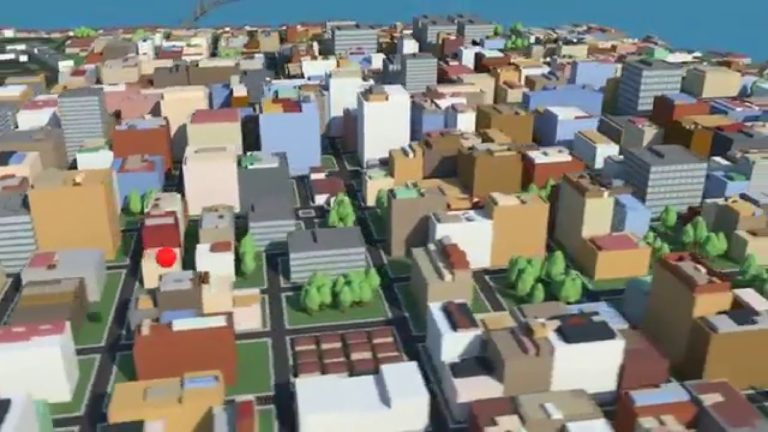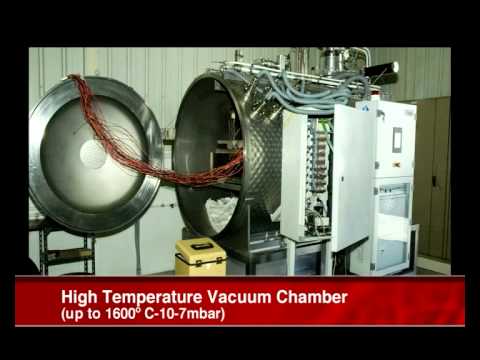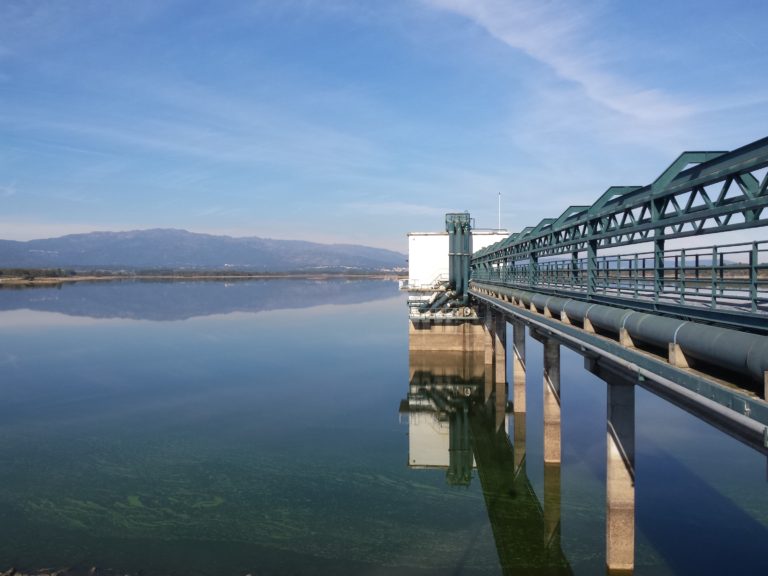Biofertilizers from fishing waste?
ISQ is one of the partners of SEA2LAND, a European project in the area of bioeconomy that aims to develop and adapt technologies for the recovery of nutrients from the surplus of fish processing and aquaculture industries. The goal is the production of bio-based fertilizers and additives for incorporation into agricultural soils.
With an overall budget of 8.8 M€, the project involves 26 partners from 11 countries and will last four years, as part of the European strategy of the Green Deal and the New Action Plan for the Circular Economy in Europe.
In the context of Resource Efficiency, one of the recent stakes is the bioeconomy, which aims to boost the circular economy through the principles “reduce, reuse and recycle”, with the production, use and conservation of biological resources towards a more sustainable economy. In order to leverage new skills and market solutions in this area, it is urgent to find solutions that help overcome the challenges related to food production, climate change, and waste reuse.
boost the circular economy through the principles “reduce, reuse and recycle”
SEA2LAND responds to these challenges by improving and adapting nutrient recovery technologies for large-scale bio-based fertilizer production in the European Union, transforming by-products into crop nutrients. “Through the valorization of these surpluses, the project will contribute to the widespread implementation of industrial symbiosis synergies, to reduce the consumption of chemical fertilizers and also to reduce European dependence on third countries regarding the supply of nutrients to the agricultural sector,” says Pedro Matias, president of ISQ.
“ISQ will develop a decision support system to support local/regional valuation of by-products from fisheries and aquaculture; perform life cycle assessment of the technological solutions to be demonstrated; develop support activities for future incorporation into the market of these solutions, namely, evaluation of compliance of the new biofertilizers with EU regulations and support the development of business models,”.
The project will work based on pilot units in which nine technologies will be tested in six geographic areas representative of the fisheries and aquaculture sector (North, Baltic, Atlantic, Cantabrian, Mediterranean and Adriatic Sea). The technologies to be applied range from more conventional and low-cost processes (bokashi, composting) to more advanced processes (enzymatic hydrolysis, thermo-mechanical fractionation).
SEA2LAND is a venture in which Portugal, via ISQ, Chile, Spain, France, Belgium, Italy, Malta, Croatia, Switzerland, Norway and Estonia are involved.

